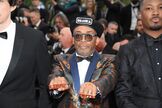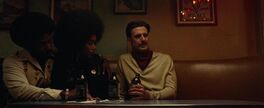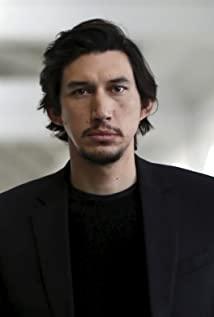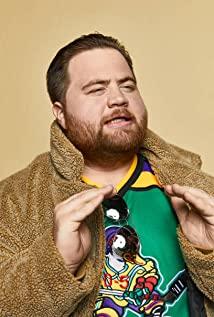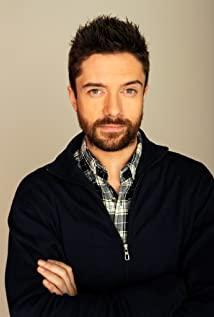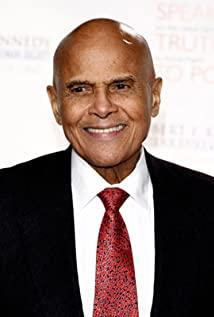Also a serious contender for the upcoming 91st Academy Awards, "BlacKkKlansman" has a Spike Lee movie style that is as clever as it is disturbing, and often hilarious, as political as it is funny.
"BlacKkKlansman" is based on a true story: In 1979, Ron Stolworth (John David Washington), an African-American police officer from Colorado, successfully infiltrated the local Ku Klux Klan and became the new local chapter The man in charge — but a fact that goes deeper than fiction, by insinuating that the current president of the United States, Donald Trump, is placed as a white supremacist in the old paradigm seems a little too extreme. But if you look at it dialectically from another angle, then this movie tells a great story with charm, and it is even interesting.
This isn't a movie that offers great acting or beautiful dialogue, and Spike Lee provides the film with rough, budget set-ups like '70s setups and lighting. The comedy is all about political commentary, and in a way, Ang Lee employs an opposite strategy, bringing every conceivable white racist rhetoric and swearing to the screen and making the audience laugh.
Ron, the newly appointed black cop assigned by his white chief, infiltrated Stockley Carmichael (aka Kwamedul) to gauge the fighting strength of local blacks. Lee paints this rousing Black Power speech in its entirety, the first time he has incorporated fictional elements into the film's comedic frame but a no-nonsense tribute to a milestone in black history. Ron also meets the event's organizer, Patrice ( Laura Harrier ), a man like Angela Davis, and they later become lovers.
Despite his novice, Ron persuaded the Justice Department to let him lead the investigation of the Ku Klux Klan, the group. Playing white, he managed to get in touch with the KKK, gushing out racist jargon that sounded like music to his contacts. He quickly received invitations to meet other people, and that was exactly the problem. A white Ron Stolworth is fictionalized on another cop, Philip ( Adam Driver ), with black Ron calling the shots.
As Black Ron continues to communicate over the phone, which eventually includes a hilarious conversation with David Duke (Topher Grace), and White Ron as a representative of the action, his entry into the KKK is smooth. There will be a lot of burlesque to come, and the Klan's plot to wage war on racism will be foiled, and the comedy relies heavily on redneck caricatures and White Ron's triumph over his opponents on wicked racism Ability. The best lines cannot be surpassed.
Lee gives historical insight into his racist comedy. A baptism-like Klan initiation ceremony ended with gathered devotees enthusiastically chanting "white power", while a cut from a black lecture showed the audience an equally dynamic "black power" ". Lee sneaks a slew of contemporary political commentary into his film lines. "The American people will never elect someone like David Duke as president," Blake Rohn said. His white colleague responded, "It's naive to say it from a black man."
"BlacKkKlansman" ends with a series of false endings (though probably the director wanted it), including a hopeful celebration of police comradeship, contrasted with Klan rallies and cross-burnings. The film ends with clips of current events, including the 2017 "White Lives Matter" rally at the University of Colorado, the Charlottesville tragedy and Trump's subsequent speech, and a final tribute to Heather Hale. All of this proves that the Spike Lee story isn't over yet.
Spike Lee is a political activist and "jive artist," so it wouldn't surprise you that BlacKkKlansman isn't just a strong movie, it's also strong in terms of publicity. Maybe Lee took too long to tell the audience and put it too thick; maybe he was caught in the socio-political maelstrom of the times. Who knows?
View more about BlacKkKlansman reviews



